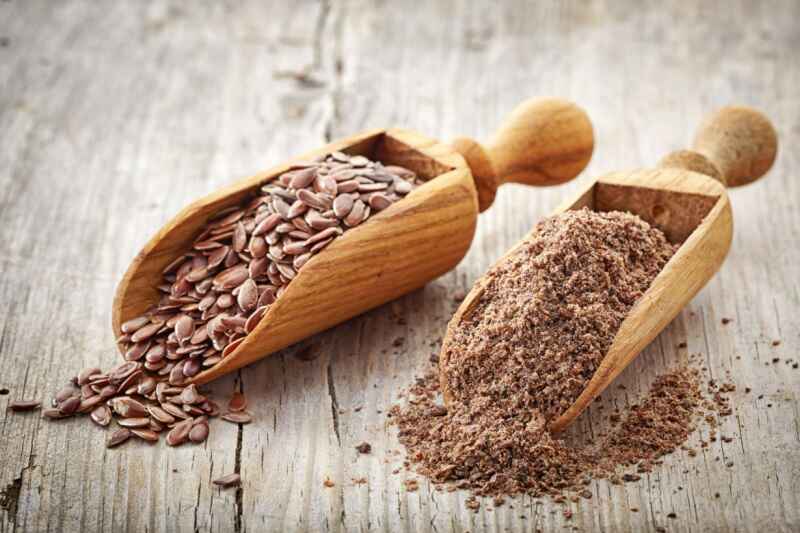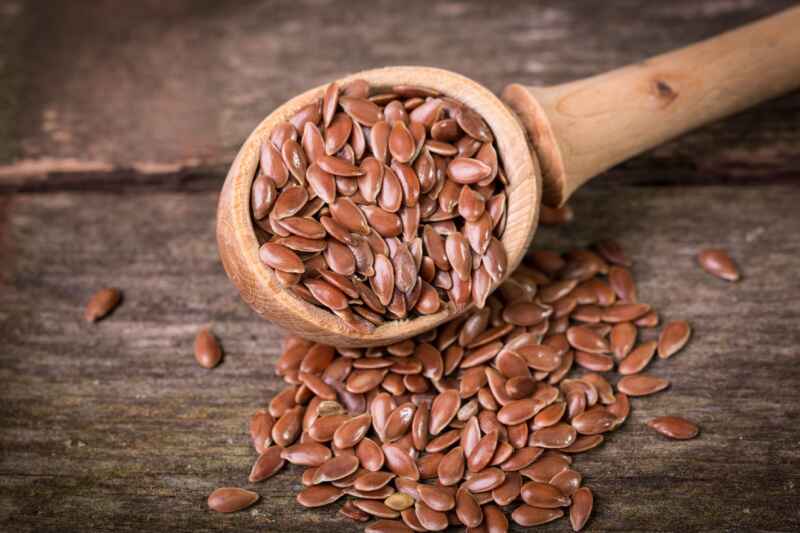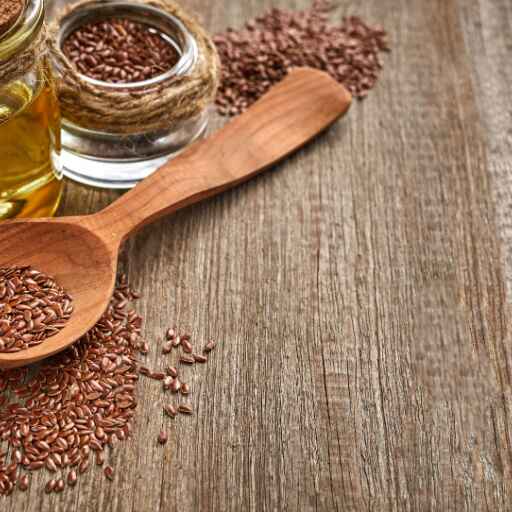Flax seeds are considered one of the most potent seeds on earth. Flax seeds are famous for reducing the risk of several health complications like diabetes, heart disease and strokes. They are included in diverse dishes, ranging from oatmeal bowls to smoothies and salads. For example, you can add flaxseeds to chapatti atta or dosa, or you can sprinkle it on salads or chutney powders. Now that more and more people are becoming health conscious, flax seeds have gained enormous popularity.
What you need to know:
What are flax seeds?
 Flax seeds are cultivated as a food or fiber plant and are typically found in Asia, Europe and the Mediterranean region. The color of these seeds is usually golden yellow to reddish-brown and contains phytoestrogen. They also have healthy oils and soluble fibers. Nowadays, people consume flax seeds because of their rich content of Omega 3-fatty acids and fiber. You can reap the many benefits of flax seeds if you consume them regularly.
Flax seeds are cultivated as a food or fiber plant and are typically found in Asia, Europe and the Mediterranean region. The color of these seeds is usually golden yellow to reddish-brown and contains phytoestrogen. They also have healthy oils and soluble fibers. Nowadays, people consume flax seeds because of their rich content of Omega 3-fatty acids and fiber. You can reap the many benefits of flax seeds if you consume them regularly.
The health benefits of flax seeds
 Here are some of the health benefits of flax seeds:
Here are some of the health benefits of flax seeds:
Supports weight loss
Studies suggest consuming a glass of water with 2.5 grams of flax seeds containing soluble fibers can help manage weight and appetite. Flax seeds keep you satiated for extended periods.
Nutrition value of flax seeds
Flax seeds are one of the oldest food sources. Just one serving of flax seeds can boost your nutrient levels, including protein, fiber, vitamins and minerals. One tablespoon (7 grams) of flax seeds contains –
- Calories: 37 Kcal
- Fat: 3 grams
- Protein: 1.3 gram
- Fiber: 2 grams
- Carbs: 2 grams
- Thiamine: 10% of the daily required intake
- Magnesium: 8% of the daily required intake
- Copper: 9% of the daily required intake
Helps lower blood pressure
Flax seeds are well known for their ability to control high blood pressure levels. It is also well-known that consuming flax seeds daily can help manage your systolic and diastolic blood pressure levels. Lowering blood pressure levels also reduces the risk of strokes and coronary heart diseases by 14% and 6%, respectively.
High fiber: Better digestion
Flaxseeds are rich in soluble and insoluble fibers, immensely beneficial for the healthy bacteria in your lower intestine, resulting in a better digestive system. This boosts your gut health and improves bowel movements. Soluble fibers absorb water from your intestines and slow digestion, helping regulate blood sugar and cholesterol levels.
Rich in omega 3
One of the benefits of flax seeds is that they are very rich in alpha-linolenic acid (ALA), a variant of the omega-3 fatty acid, which can be very good for your heart health. ALA is one of those essential fatty acids you must consume, as our body cannot create it alone. ALA can reduce inflammation and stop cholesterol from depositing in your heart’s blood vessels. An increased ALA intake can also lower the risk of type-2 diabetes and ischemic heart disease, a condition arising from narrowed arteries.
Who should avoid eating flaxseeds?
You should avoid eating flax seeds if you have the following conditions:
- Intestinal complications
- Pregnancy
- Allergy
Consider incorporating these seeds into your daily diet to reap the maximum benefits of flax seeds!
Stay tuned to the Activ Living Community. Keep up to date with the latest health tips and trends through expert videos, podcasts, articles, and much more in nutrition, fitness, mindfulness, and lifestyle conditions like Asthma, Blood Pressure, Cholesterol, and Diabetes.
You may also be interested in the following blogs:
- Boost Your Body’s Defenses With These 4 Pumpkin Seeds Benefits
- Carom Seeds & Ajwain Benefits for Diabetes
Popular Searches
How to lower blood pressure | Fruits good for liver | Unhealthy foods | Ragi Benefits | Basal Metabolic Rate | Acupressure points for High Blood Pressure | Ayurvedic medicine for blood pressure | How to control cholesterol at home | Homeopathy for Asthma | Biological Age | Home remedies for TB | Natural beta blockers | Negative effects of internet | Types of walking | Blood pressure calculator | Blood sugar calculator | BMI Calculator





 1800-270-7000
1800-270-7000







